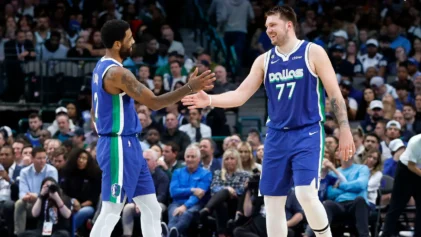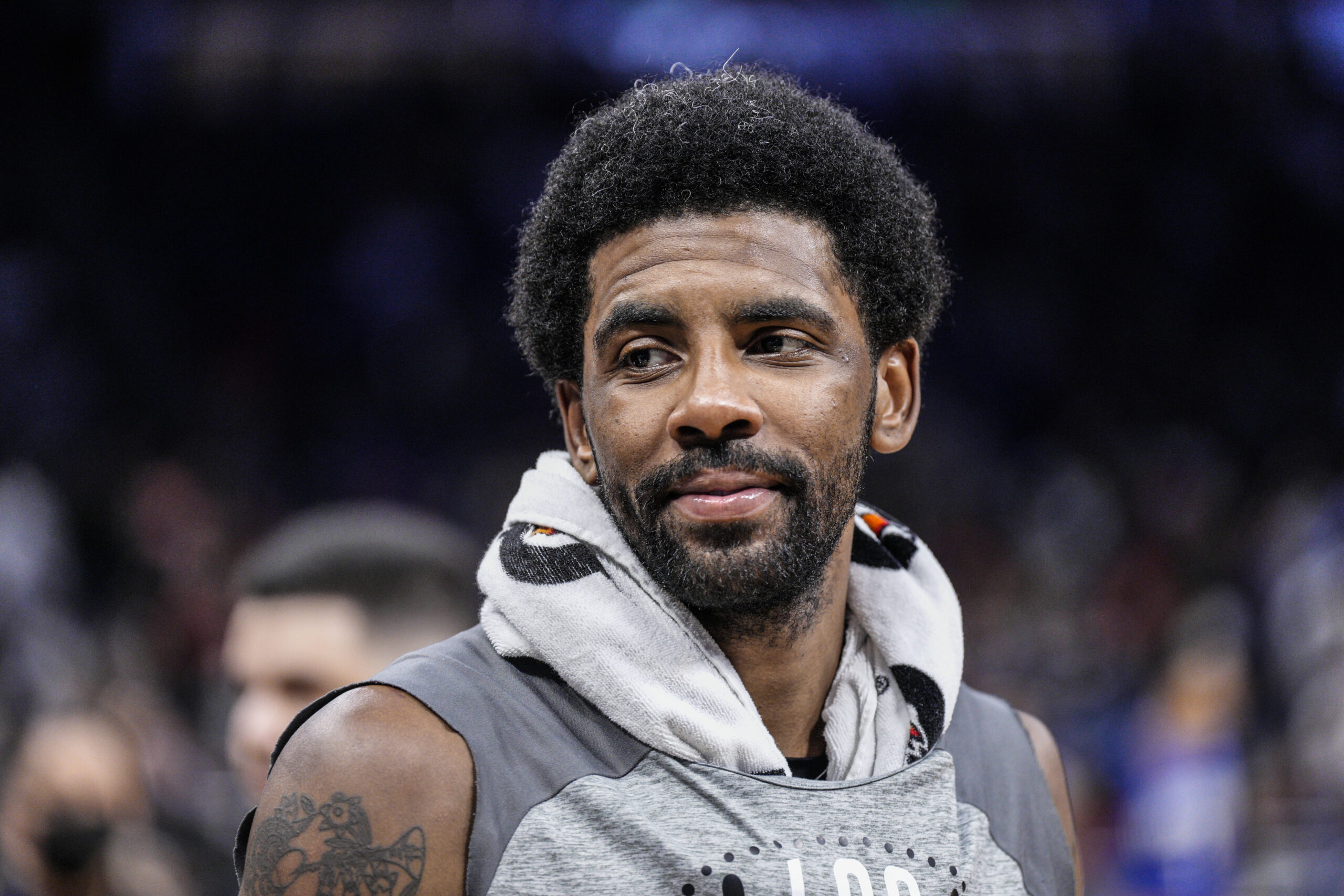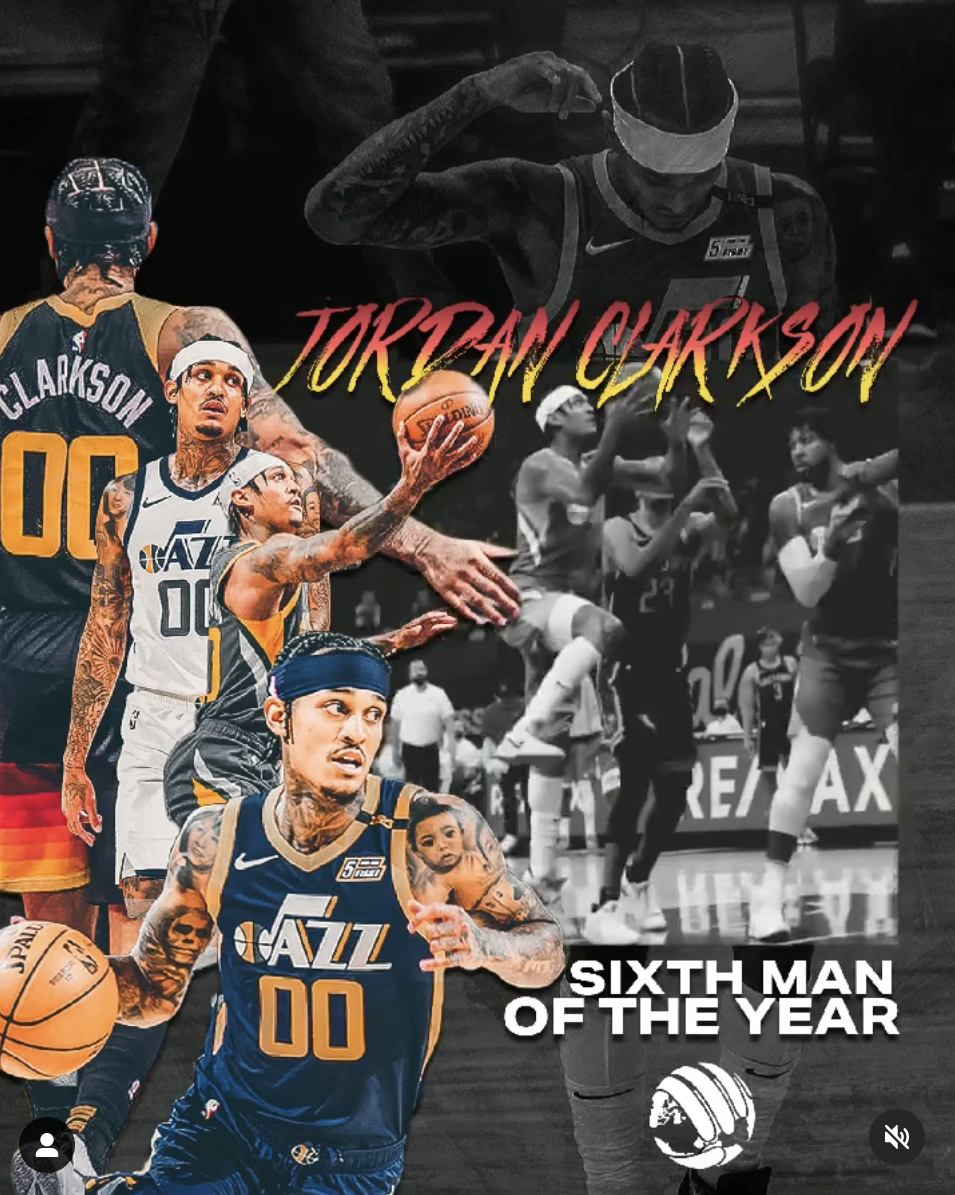NBPA approved a 22-game season restart with games beginning on July 30 with an 8-game regular season conclusion ar Disney Sports Complex.
Word on the streets, however, is that NBA players are split on playing and restarting in an Orlando “bubble environment. According to former NBA player Matt Barnes, who’s a podcast co-host along with former NBA player Stephen Jackson (a close friend of George Floyd) — “a couple of guys from the Lakers and Clippers…there are some whispers about some teams not being comfortable,” Barnes said.” Some guys want to play and some don’t want to play.”
A significant number of players on an Eastern Conference playoff team expressed strong concern about playing in Orlando, per @IanBegley
— NBA Central (@TheNBACentral) June 13, 2020
In the latest developments, Kyrie Irving, Vice President of the Players Association, was an active participant and key speaker in a call with over 100 players in the league last night, urging them to take a stand and not play this season. The core of the call involved a lot of players who want their voices heard and feel as if the NBA is still not hearing or addressing their concerns. Irving has openly discussed a protest movement that includes not going to Orlando, which is a hard sell to some of the younger players who want to get on the court.
Some of us want to hoop and compete don’t get that twisted…. https://t.co/GoRnvy6rzN
— kuz (@kylekuzma) June 12, 2020
The recent protests and the magnitude of the people requesting a change in America have had some influence on players’ hesitance to play the season. Some have suggested that they should just focus on keeping the momentum going and see actual results as far as new policing policies and other legislation addressing social injustice and systemic racism in America, before refocusing on sports.
Real Change Begins Within The NBA
How about just starting with their own league? Barnes has been critical towards the NFL for the blackballing of Colin Kaepernick, but the NBA has some dirt it needs to sweep up in its own backyard.
The @nfl is great at talking about “IT” let’s see if they’re really about “IT”
You guys are all for coming together & unity now, yet you blackballed the man who brought this peacefully to your doorstep 4yrs ago!!! We… https://t.co/2be94Pdg9p— Matt Barnes (@Matt_Barnes22) June 5, 2020
The NBA has been lauded for being “on the front lines” of increasing diversity in sports and on a social scale, but its lack of diversity in head coaching and elite front office positions is troubling. In regard to these social advances, the NBA is still treading water.
The fact that there are only 8 African-American coaches in the league is egregious enough.
From 2001-2014, the NBA averaged 11 black head coaches per season, which was as diverse as the league has ever been. On opening night in 2012, half of the NBA’s 30 head coaches were people of color, including 14 black coaches, an all-time high.
In 2015 there was a flurry of firings and a mass exodus that left the number of African-American coaches at seven. It was a 50 percent drop from three years prior and the lowest total in 16 years.
The league has never recovered.
The Chicago Bulls’ hiring of former 76ers senior vice president of personnel Marc Eversley in April to become their new GM raised the number of NBA GMS to 7.
Sixers assistant GM Marc Eversley has agreed to a deal to become the Chicago Bulls new general manager, league sources tell ESPN. Eversley will join EVP of Basketball Operations Arturas Karnisovas to lead a reshaped front office.
— Adrian Wojnarowski (@wojespn) April 27, 2020
Seven out of 30 teams with Black GMs? That’s just 23 percent of the total jobs. In a league that according to the TIDES annual NBA Racial and Gender Report Card (2019), is 81.9 percent, people of color, the number of African-American front office executives continues to be underrepresented.
And as long as that’s the case, the culture of all-white ownership, leadership, and Commissioners will continue to create an oppressive working relationship, regardless of how individual player salaries balloon.
With all due respect to the egregious murders suffered by Black men at the hands of the police, the issues that NBA players can most influence start within their own league. The same misrepresentation and systemic oppression and racism that they are protesting against will be on full display when the league reopens.
I just showed you the numbers. They reflect what our police forces look like in most parts of America.
With that being said, the lip service by NBA executives and the joining of peaceful protests as proof that they are listening to the players and the pulse of the nation is not enough for some, who are finally seeking institutional reforms of the ills that have gotten us to this contentious point in American history.
To Play Or Not To Play?
Not playing sends a powerful message, because as Max Kellerman noted on ESPN, “You don’t want it to go back to the status quo and if the business gets back to normal maybe you lose that moment and it goes back to the status quo.”
But according to ESPN’s Jay Williams:
“The players have more power by actually participating and playing and using the largest platform that we will ever see in the history of sports. We are talking about playoff madness. This is a combination for fans of March Madness and the NBA playoffs. The eyeballs on these individuals are going to be bigger than ever before.
We’re going to see stances taken game by game and guys are going to have platforms to address whatever issues they are feeling that are going to be pertinent, obviously “I Can’t Breathe” is one that is going to be the biggest of all-time for us. I think the players would be remiss if they didn’t play, but also agree that having this conversation about how the power is yielded is one that needs to be taken with a serious tone”
ESPN analyst Dominique Foxworth believes that this is a rare opportunity for players to leverage some real change and if they agree to play the games, then it will distract the nation from the messages being delivered.
“If it is about capitalizing on this moment, I think that when they start playing these games, the games are what everyone is going to be talking about,” Foxworth said. “We’re not going to be talking about this moment. They’re not going to be playing players’ post-game comments or what they say before the game. We’re going to talk about them playing basketball again..I think that not playing does advance the cause.”
On the flip said, says Foxworth, “They also have a ton of leverage now and it reminds me of 1964 when players had a shirt strike at the All-Star game in order to be a union and go after pensions. They had success because of the leverage they held at that moment in that the league was close to getting those games televised.”
Donald Sterling
You saw the players use their leverage during the 2014 playoffs when they threatened to boycott if Donald Sterling wasn’t removed as Clippers owner after he was recorded by a girlfriend using disparaging language towards Black people. Adam Silver was on it, banning Sterling for life and forcing him to sell the team.
NBA players have been brave frontline soldiers during this international uprising against the historical symbols of oppression and the entire system of corporate, social, political, and financial oppression that people of color have always experienced in this country. It isn’t the first time.
This is great, but is it the NBA player’s job to do the work of the politicians, lawmakers, and other elected officials? Sure, they can use their celebrity and platform to bring light to issues and be a platform against these injustices. However, the expression, first “clean up your own house” is very relevant here.
If the players were to decide not to play, it would have more impact. If they demanded Black ownership, a fair representation of Black executives and head coaches proportional to the number of Black players in the league; a change of that nature would have a greater effect on the systemically racist culture of sports than marching.
@KingJames asks a good question as @NBA players take to the front lines of protests and intensify tweets in search of #JusticeForGeorgeFloyd https://t.co/2ToxUo9UDs
— The Shadow League (@ShadowLeague) June 1, 2020
Policies have to be put in place to bring about another Black owner other than Michael Jordan and boost executing hiring of people of color. Once structural changes occur at the top it will trickle down and a cultural shift can occur.
We all need to be standing against oppression and rallying for the prosecution and conviction of the cops who killed Breonna Taylor and Ahmaud Arbery and George Floyd and Manuel Ellis. Beyond the peaceful protests, we have to start revamping the institutions in this country that can directly influence the change Black Americans are seeking on many levels.



